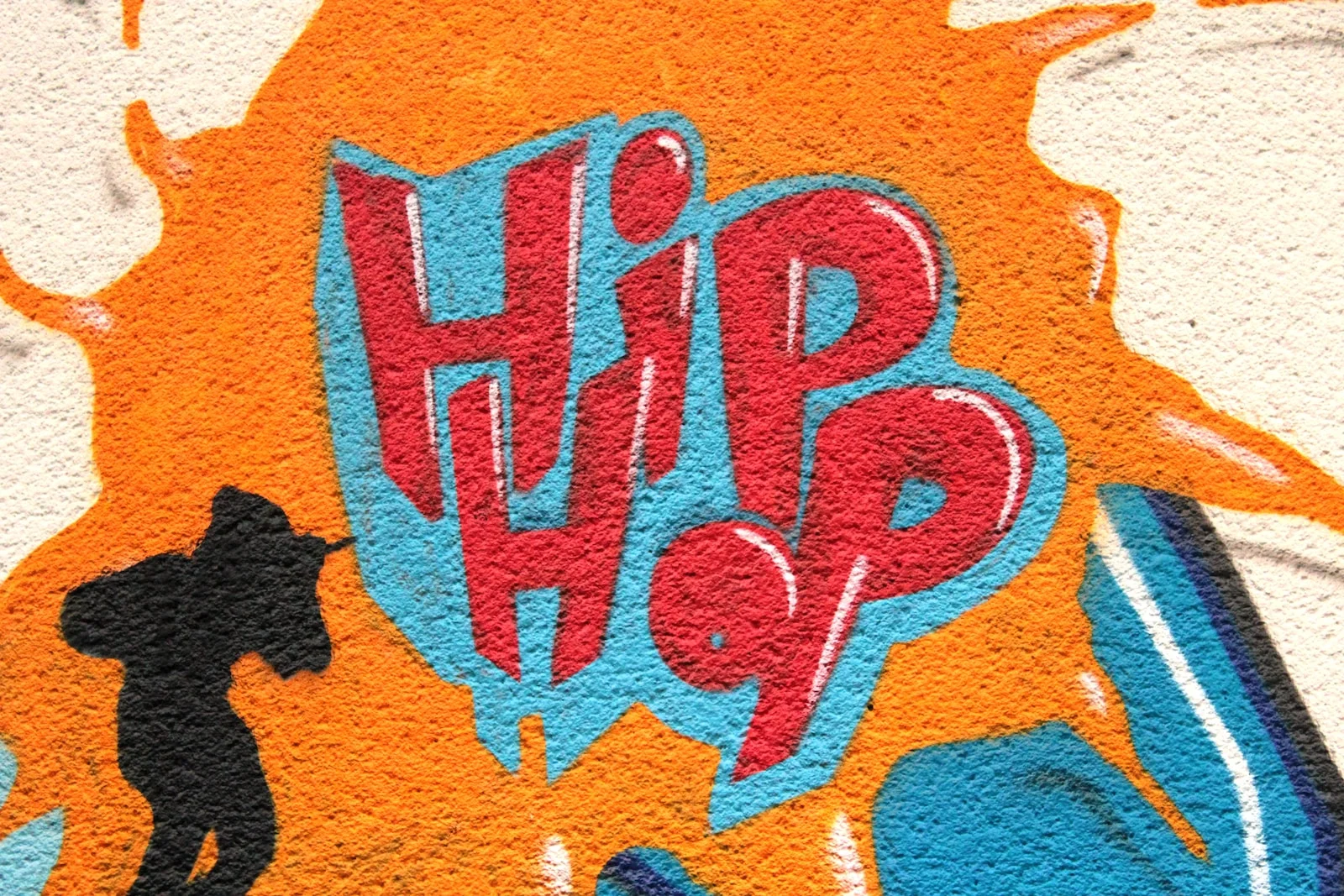Hip-hop is a genre that thrives on creativity and individuality. Artists from across the world pour their hearts and souls into their lyrics and beats, creating musical masterpieces that are truly unique.
However, one of the defining features of hip-hop is the use of sampling. Sampling involves taking a small portion of another artist’s work and incorporating it into a new song.
Some people view sampling as a creative and innovative technique, while others see it as plagiarism. In this blog post, Benjy Grinberg will explore the subject of sampling in hip-hop, investigate its history, and weigh the pros and cons of this creative technique.
A Short History
Hip-hop emerged as a music genre during the 1970s. In the early days, DJs would spin two copies of the same record and use a mixer to blend different parts of each record to create a new sound.
This eventually led to the use of samplers, allowing artists to take small snippets of music and create something entirely different. The first commercially available sampler was the E-mu SP-1200, used extensively in early hip-hop recordings.
Artists like Public Enemy, De La Soul, and Nas pioneered sampling, often incorporating elements from jazz, funk, and soul records.
The Sampling Controversy
Sampling in hip-hop is highly debated, sparking controversies and lawsuits for years. Some people argue that sampling is a creative technique that allows artists to pay homage to their predecessors while creating something new.
Sampling can add depth and character to a song while drawing in new listeners who appreciate the source material. On the other hand, others argue that sampling is theft since it involves taking another artist’s work without permission and profiting from it.
This has led to countless legal battles between artists and record labels, with millions of dollars at stake.
Negatives Of Sampling
One of the most significant drawbacks of sampling is the issue of copyright infringement. Lawsuits arise when artists must obtain proper clearance for a sample, leading to a loss of intellectual property and potential lawsuits.
Even when clearance is granted, the financial costs of sampling can be severe, as it requires time and money to gain permission. Additionally, sampling can lead to a potential lack of creativity in the music industry, as some artists may rely too heavily on samples rather than creating entirely original works.
Advantages Of Sampling
Sampling in hip-hop has been a creative method used by artists for years. Despite the ongoing debate over whether it is a form of plagiarism, there are distinct advantages to using samples in music production.
For one, it allows artists to create something new from pre-existing material, giving a fresh twist to old records. The incorporation of samples also pays homage to the original work, introducing a new generation to the classics.
Sampling also adds a layer of complexity to the music and can evoke a nostalgic feeling in listeners. By manipulating and incorporating samples, hip-hop artists can create something unique and innovative, setting them apart from others in the industry.
Sampling can be a powerful tool in creating hip-hop music, enabling artists to harness creativity and innovation while staying true to their influences.
Final Thoughts
In conclusion, sampling in hip-hop is not a cut-and-dried issue. While some view it as a creative method of creating music, others view it plagiarism. Legal concerns, financial costs, and a lack of originality are all potential drawbacks of sampling, while cultural expression and an introduction to new music genres are the positives.
In the end, Benjy Grinberg says it is up to each artist to decide how they want to approach the sampling issue in their music and whether the potential risks outweigh the rewards. Whether one views it as a creative practice or a form of theft, sampling will play a significant role in hip-hop music, shaping the genre and the artists who create it.


















